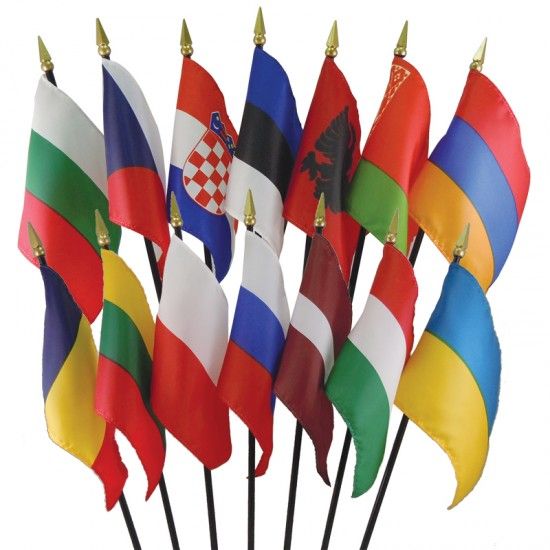Go East for Translation Inspiration
The languages of Central and Eastern Europe are rich, complex and steeped in centuries of history. The years following the dissolution of the Soviet Union have seen the reopening of these societies after decades of isolation. Indeed, Eastern Europe’s desire to revolutionise itself in terms of establishing democratic institutions and free market economies has led a number of Western companies to invest in this virtually unexplored part of the continent since the 1990s. The demand for translation and interpretation is in consequence increasing significantly.
However, in terms of providing language training in light of the growing demand for translation and other language services to and from Eastern European languages, the response of many Western countries has been surprisingly poor. For example, in the United Kingdom, there are fewer students of languages in secondary and higher education whilst the demand for translation and interpretation is increasing significantly. Of the languages we do study at school, German is one of the most widely taught, yet recent years have shown the demand for translation from and into German slowly decreasing.
Eastern Europe Translation: Big demand for Czech, Polish, Russian
On the other hand, language service companies, like BigTranslation are seeing a marked increase in requests for documents to be translated from and into Eastern European languages, particularly Polish, yet the response in terms of education has been almost non-existent. In the years to come, this could be a considerable cause for concern if we fail to give our young people the training they need to respond to this increasingly fast growing market. Britain’s universities have been slightly more effective in terms of providing adequate language training services to modern language undergraduates. At the University of Glasgow, for example, students from the School of Modern Languages and Cultures (SMLC) are now free to take up the study of subsidiary Czech, Russian or Polish on entering Junior Honours. This opportunity should be particularly attractive to students of French and German, since the European Commission is looking for translators and interpreters who speak French or German with Czech or Polish.
However, the benefits of studying Eastern European languages aren’t limited to graduates of Central and Eastern European Studies; SMLC graduates who have any knowledge of Czech, Polish or Russian have found it has helped them in finding jobs on graduation, since UK employers tend to interpret this expertise as a special commitment and are impressed by the line of study. Native English UK graduates with some knowledge of Czech or Polish are also sought after in Central Europe. So, for current or future translation students looking for the language combination that could serve them best in terms of employment, new experiences and opportunities, it may be an idea to look towards the East for inspiration. The possibilities are very exciting indeed!




